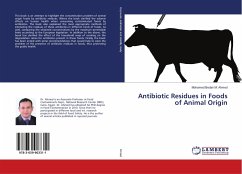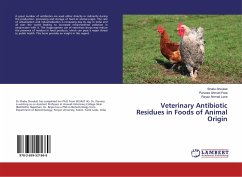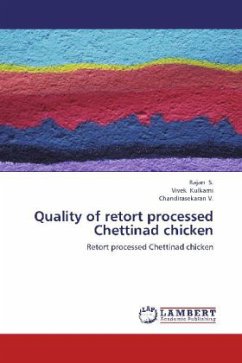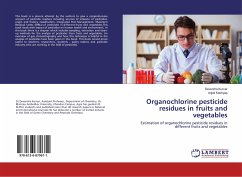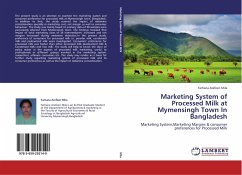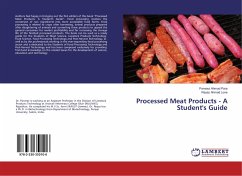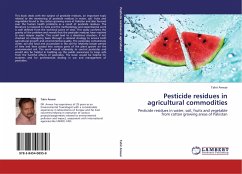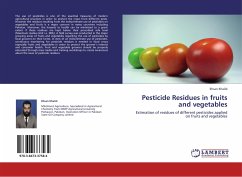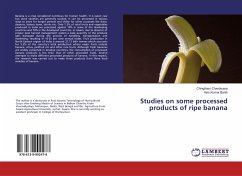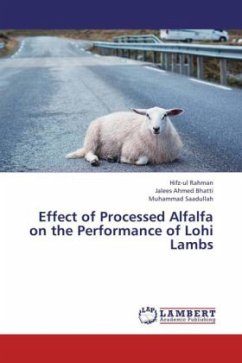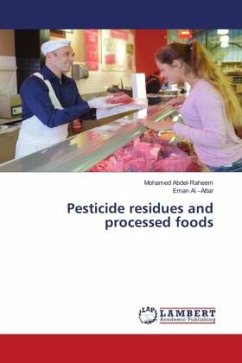
Pesticide residues and processed foods
Versandkostenfrei!
Versandfertig in 6-10 Tagen
45,99 €
inkl. MwSt.

PAYBACK Punkte
23 °P sammeln!
Pesticides are widely used in agriculture mainly to increase crop yields to cater huge supply of food products for increasing world population as well as to protect crops from pests and control insect-borne diseases. Increased use of pesticides results in contamination of the environment and the excess accumulation of pesticide residues in food products, which has always been a matter of serious concern. Pesticide residues in food and crops are directly related to the irrational application of pesticides to the growing crops. Accumulated pesticide residues in food products have been associated...
Pesticides are widely used in agriculture mainly to increase crop yields to cater huge supply of food products for increasing world population as well as to protect crops from pests and control insect-borne diseases. Increased use of pesticides results in contamination of the environment and the excess accumulation of pesticide residues in food products, which has always been a matter of serious concern. Pesticide residues in food and crops are directly related to the irrational application of pesticides to the growing crops. Accumulated pesticide residues in food products have been associated with a broad variety of human health hazards, ranging from short-term effects to long-term toxic effects. The preventive measures for pesticide residues in the developing countries are limited due to a shortage of funds and lack of defined government regulations. The impact of pesticide residues can be minimized by taking certain measures such as the rational use of pesticides, promoting organic farming, exploit natural and bio pesticides, and proper implementation and amendment of pesticide-related laws.



